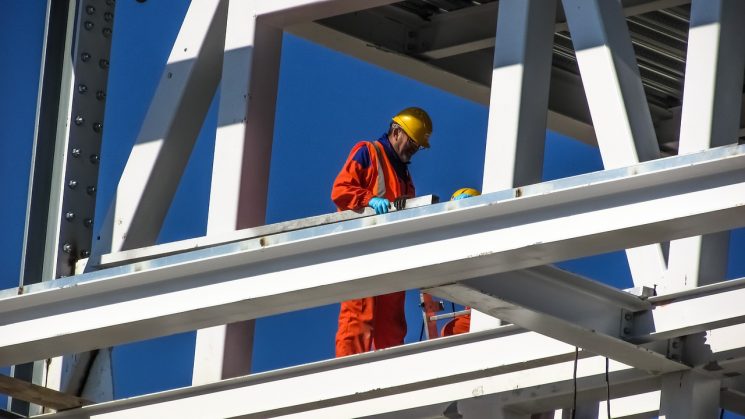Imagine you have already gone past the preconstruction planning, secured all the required work permits, and even hired subcontractors. What if you arrive at the job site to find that the building framework burned to the ground? That’s terrible.
But then you might think you have general liability insurance so that you won’t have any troubles. Isn’t it? But hang on! Your general liability insurance won’t cover all types of property damages. This is why you must consider getting a buyer’s risk insurance.
Understandably, you must be thinking about why you should have one in the first place? Keep reading, and you’ll find out!
Builder’s Risk Insurance: How Does it Help Construction Companies/ Subcontractors?
Unlike other property insurance, this particular type of insurance protects the buildings and structures during the process of construction. In other words, it is a temporary policy that one issues for a project while they’re under construction. If you consult a construction insurance company, they will tell you to get this policy before the construction materials start arriving at the site. Further, you can also get the same at the end of the construction when your property is ready for selling.
Now you must be thinking, what all does it cover? Isn’t it? Keep reading, and you’ll find out.
Well! It usually varies depending on the insurance provider and your construction project. However, as a general rule, primarily policies cover the following elements.
- Theft
- Vandalism
- Fire
- Wind
- Lightning
- Hail
- Explosion
In short, it covers events that are beyond our control. However, it will not cover circumstances like damages from earthquakes, floods, hurricane winds, or incidents that involve faulty work or materials.
Now the next question is:
Who Must Go for Builder’s Risk Insurance?
Any person who has any association with the construction project can opt for this insurance. For instance, a property owner, general contractor, subcontractors, lender, or architect can opt for this policy.
This will allow you to cover buildings under construction along with materials, supplies, and equipment on-site and in transit.
But, don’t forget to check whether it covers buildings or structures.
Yes, usually, policies mention one of them. Remember, not all structures are buildings. For instance, a temporary structure won’t be referred to as a building. If you have coverage for structures, you might not be able to file a claim if you have issues with the building instead. So, ensure to talk to the company before moving ahead with investing in a builder’s risk insurance.
Wrapping Up
Let’s not forget accidents are inevitable. And the construction business is one of the riskiest businesses. So, you must have all types of policies to protect yourself from getting into any financial or legal loss.
Whatever policy you choose, make sure that you carefully read all the terms and conditions to verify what it will cover and exclude. By doing so, you can protect your construction project in the best possible way.
So, are you starting your construction planning? Make sure to secure your business from possible damages as well simultaneously.





